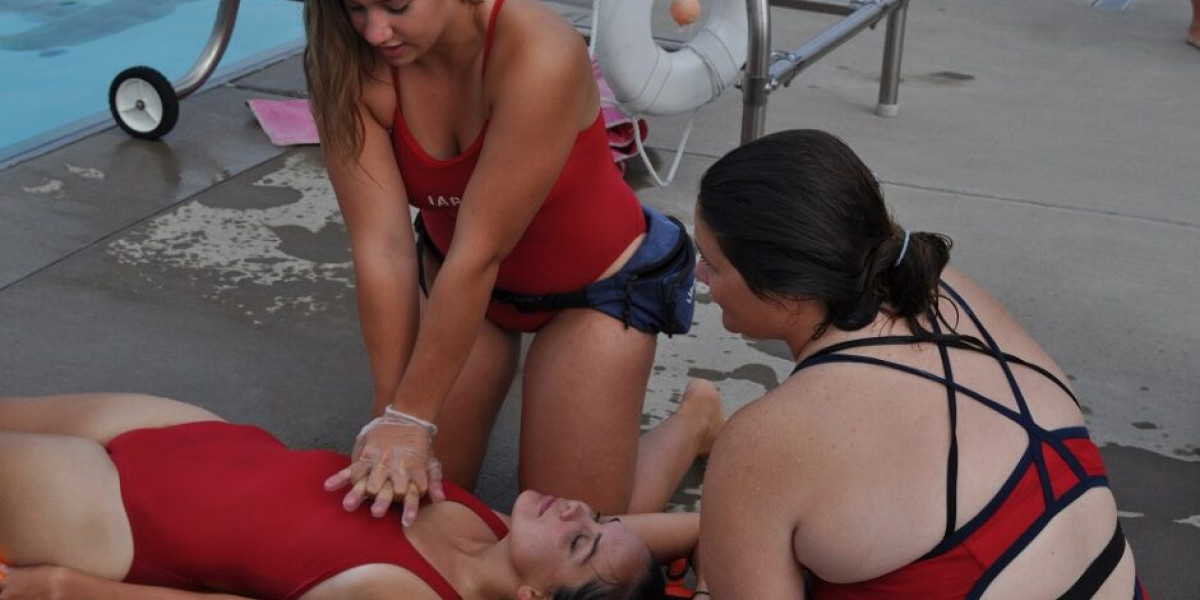Lifeguarding is far more than just a summer job—it’s a vital public safety role that demands rigorous preparation, quick decision-making, and seamless coordination. Whether you're managing a pool or patrolling an ocean shoreline, the core principles that make a successful lifeguard remain the same: Training, Trust, and Teamwork.
This article outlines these three critical pillars and explains how each element contributes to effective lifeguard operations. These principles are especially relevant in today’s climate, where safety standards are higher than ever, and public expectations for professionalism are at an all-time high.
1. Training: The Foundation of Competency
Effective training is the backbone of any successful lifeguard. It ensures that guards are physically prepared, mentally alert, and equipped with life-saving knowledge.
Key Components of Lifeguard Training:
Rescue Techniques: Training must include in-water rescues, spinal injury management, and deep-water retrievals.
First Aid and CPR: Lifeguards should be certified in CPR, AED usage, and basic first aid. These are critical when seconds count.
Emergency Scenario Drills: Realistic, frequent drills help lifeguards practice rapid response to drowning, injury, or emergency evacuations.
Legal and Ethical Responsibility: Training should also cover the legal obligations lifeguards hold, including duty to act and liability awareness.
Lifeguard training isn't a one-time task—it’s an ongoing commitment. Refresher courses and skill assessments help maintain readiness and adapt to new safety protocols or local requirements.
2. Trust: Building Confidence with Public and Peers
Trust is the invisible thread that binds a lifeguard team together and establishes credibility with the community. Lifeguards are entrusted with the lives of others, and that responsibility requires more than just technical skill.
Why Trust Matters:
Public Assurance: Swimmers feel safer and more comfortable when they see attentive, professional lifeguards on duty.
Peer Reliability: Lifeguards often work in tandem or teams. Trust in each other’s capabilities ensures quicker, more coordinated responses.
Leadership and Authority: A lifeguard who is confident and composed can de-escalate tense situations, give clear instructions, and lead during emergencies.
Trust is built through consistency, communication, and transparency—qualities that are nurtured during training and reinforced every day on the job.
3. Teamwork: Coordination Saves Lives
No lifeguard operates in isolation. Whether on a large beach or a small community pool, collaboration is essential. Teamwork is what turns individual skills into collective action.
Elements of Strong Lifeguard Teamwork:
Clear Roles and Responsibilities: During emergencies, each team member should know their role—whether it’s initiating a rescue, calling emergency services, or clearing the area.
Effective Communication: Hand signals, whistles, radios, and eye contact are critical communication tools in noisy or chaotic environments.
Debriefs and Feedback: After every incident or drill, teams should conduct reviews. This promotes learning and ensures continuous improvement.
Mutual Support: Fatigue, stress, and emotional strain are part of the job. A supportive team culture helps guards manage the psychological demands of their role.
Strong teams foster an environment of accountability, empathy, and shared success. When teamwork thrives, safety outcomes improve dramatically.
Final Thoughts: The Lifeguard Code
The path to becoming an effective lifeguard involves more than meeting minimum certification standards. It’s about embracing a mindset focused on lifelong learning, ethical responsibility, and cooperative leadership.
Professionals in the field agree: mastering the essentials of training, developing trust, and encouraging teamwork are non-negotiable. These principles don't just save lives—they define the professional integrity of a lifeguard.
Whether you are new to the field or a seasoned aquatic professional, committing to these three pillars ensures you not only meet the demands of the role but elevate the safety and well-being of the entire community you serve.
Key Takeaways:
Ongoing training ensures readiness and compliance with safety standards.
Trust empowers quick decision-making and fosters public confidence.
Teamwork enhances coordination and effectiveness in emergency response.
By embedding these essentials into daily practice, lifeguards can continue to serve with excellence, resilience, and honor.








